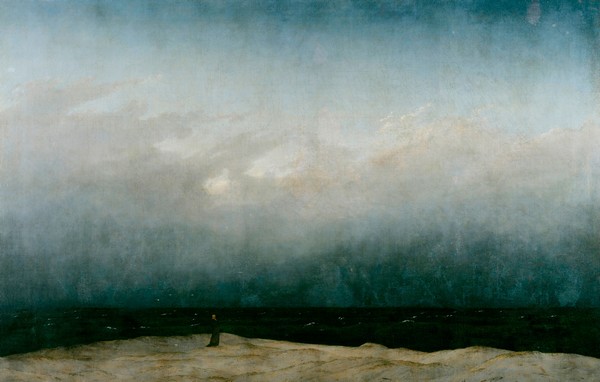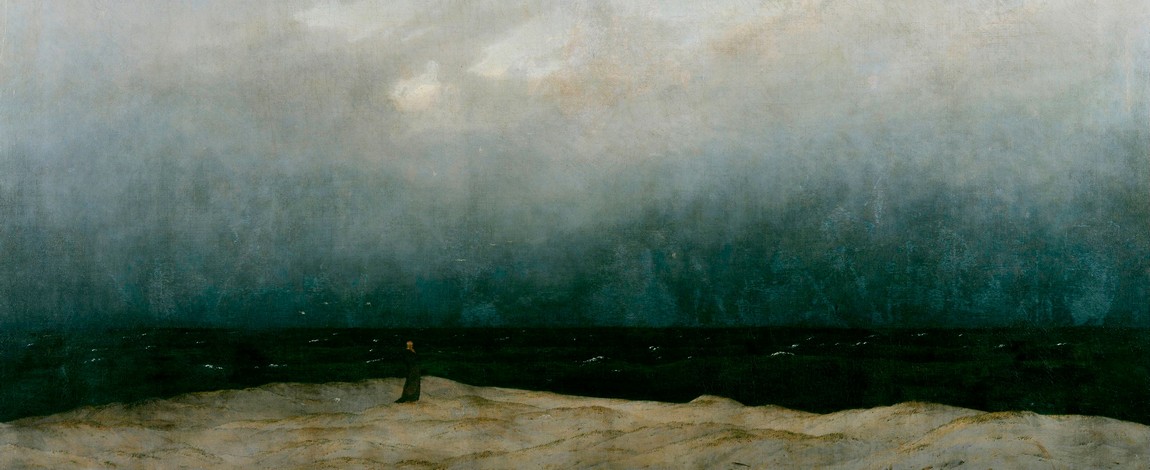
In March 1933 Karl Weigl was a renowned composer, so successful that by the mid-1930s he had considerably reduced his dedication to teaching because he could practically earn his living from composition. He was born in Vienna in 1881; at his 15, he began to receive lessons from Alexander Zemlinski, a family friend. In 1903, he defended his doctoral thesis; Soon after his dissertation adviser, Guido Adler (one of the fathers of musicology as a scientific discipline) spoke of the young man to the director of the Vienna Court Opera, who took him as an assistant. Weigl would always say that he considered the two years under this director, that's to say, under Gustav Mahler, were the most instructive of his life. With the support of friends such as Schönberg, Mahler and Zemlinski, and, above all, with his talent, he soon made a name on the music circuit, to the point that Universal Edition made him, in 1910, a ten-year contract.
In 1933, the Nazis came to power in Germany, and the works of Jewish composers ceased to be programmed and edited. It was a painful period for Weigle, and the Anschluss in March 1838 was the final blow; he and his family went into exile in the United States. When he died in 1949, after ten years of hard exile, he left a considerable work: six symphonies, eight quartets, other chamber works and several concerts, choral works and more than a hundred songs. Considerable and almost forgotten, partly because of the successful efforts of the Nazis to erase it from memory, partly because of the widespread rejection of works considered to be old-fashioned.
Among those hundred songs are the five of Op. 23, published in 1911, in happier times. The fourth song in this collection is Seele [Soul] with a poem by Gustav Falke, composed in July 1910. We will stop there because this nocturne will open the Schubertíada Vilabertran on 11 August; it will give place to the introspective and thoughtful programme of Marlis Petersen and Stephan Matthias Lademann, and we will listen to it here with the same performers.
We thus began the usual review of Schubertíada Vilabertran recitals. We dedicate this week to the first two; after the opening concert, we will receive on the 12th two great artists, Christoph Prégardien and Julius Drake. Below Seele's poem and translation, you will find the list of the songs from these two recitals that we heard so far, in case you want to go over them.
Dämmerung löscht die letzten Lichter,
noch ein irrer Schall und Schein,
und die Nacht hüllt dicht und dichter
alles Leben ein:
Und die Erde will nun schlafen;
aber ruhelos bist du,
steuerst aus dem stillen Hafen
deinen Sternen zu.
Twilight extinguishes the last lights,
one more errant sound and gleam,
and more and more closely the night
enfolds all life:
And the earth wishes to fall sleep now,
but you are wakeful;
out of the quiet port you navigate
toward your stars.
(translation by Emily Ezust)
Thursday 11 August: Marlis Petersen & Stephan Matthias Lademann













